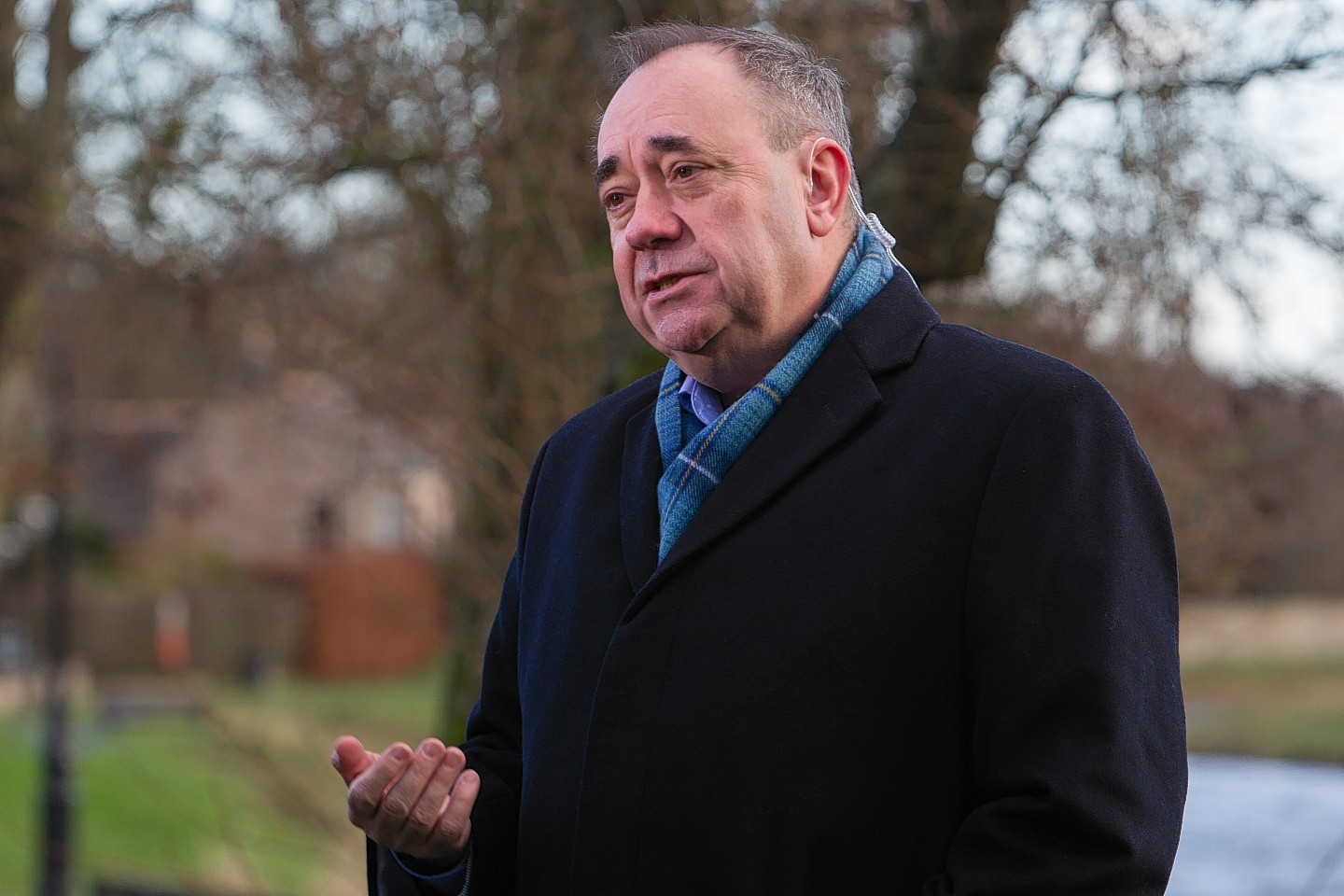The former first minister chats to people all the time on the streets, but he revealed that the two things they now say to him after the referendum are “thank you” or “sorry”.
Mr Salmond brims with pride as he describes the people who thank him for instigating one of the biggest and “most exciting” political campaigns the UK has ever seen.
“For lots and lots of people the referendum experience was the most important and energising thing that has happened to them – that’s what they are thanking me for,” he says.
But he also claims that those from the other camp will apologise to him for not being able to take a chance on Yes, and that some even tell him they regret their decision.
He is very matter-of-fact about this – he is not smug, and appears to not hold anything against those who voted No. He understands.
“It’s not necessarily because they had a change of heart, although some have, but more I think because they were sorry they couldn’t vote Yes,” he says.
“It came down to the Vow, which was designed for the 10% of people who were moving to Yes – the swing voters – who could be persuaded that they could still get progress for Scotland without voting Yes.”
Regardless of which way people voted, it is evident Mr Salmond takes great satisfaction in just knowing they enjoyed the referendum experience.
He said: “Politics became interesting, it became important and it became significant to people and that’s the most amazing thing – and it’s why Scotland is now a much better place.”
